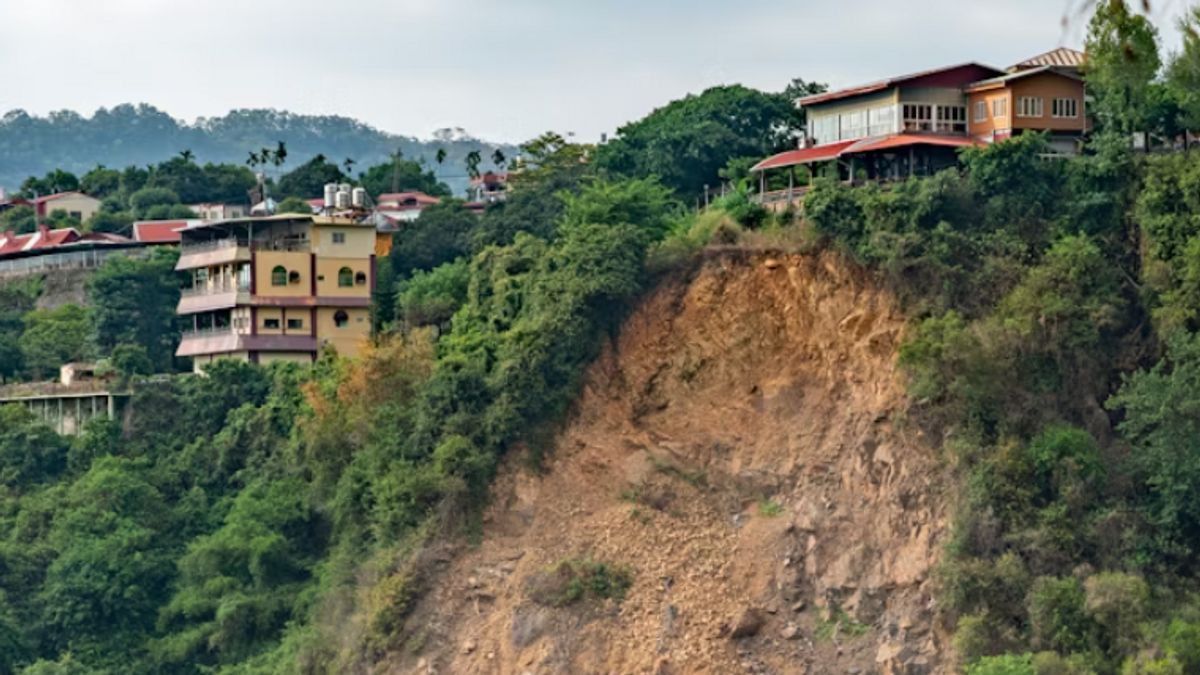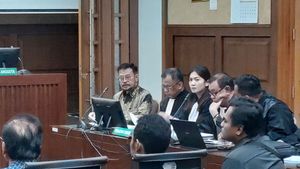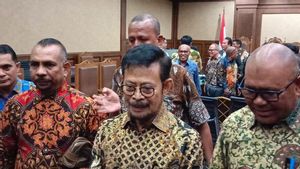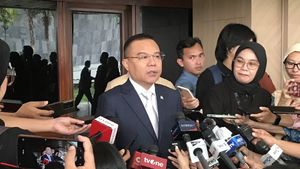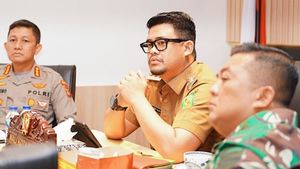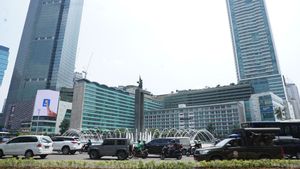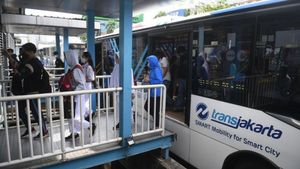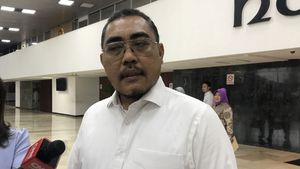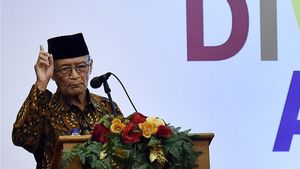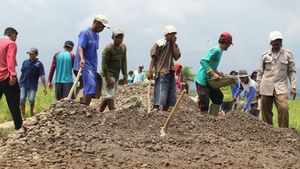JAKARTA - The Papua New Guinea government said the landslide that occurred on Friday, May 24, had buried more than 2,000 people alive.
This number of victims is three times larger, surpassing UN estimates of 670 people. Only six people have been found so far.
Landslides occurred in a village that used to be crowded in Enga province. Coming from parts of Mount Mungalo which collapsed on Friday morning and buried the house and the people sleeping in it.
In a letter to the UN resident coordinator on Sunday and seen by many news agencies, the acting director of the South Pacific Islands state National Disaster Center said the landslide "buried more than 2,000 people alive "and caused" major destruction."
"Large damage to buildings, food gardens, and has had a major impact on the country's economic life path," the letter said, according to Agence France-Presse quoted via CBS News, Monday, May 27.
The letter also said the main highway to the Porgera Gold Mine was completely blocked.
The estimated victims have varied widely since the disaster occurred, and it was not immediately clear how officials arrived at the new number of people affected.
Today, Australia is preparing to ship planes and other equipment to help at the landslide site. Moreover, last night's rain in the interior of the country's mountains raised fears that tons of debris burying villagers could become highly unstable.
Australian Defense Minister Richard Marles said his officials had spoken with their colleagues in Papua New Guinea since Friday, when landslides occurred.
"The exact nature of the support we provide will take effect in the coming days," Marles told Australian Broadcasting Corp.
"We clearly (have) air transport capacity to get people there. There may be other equipment we can bring in terms of search and rescue (and other things)... that we are talking about with PNG now," added Marles.
Papua New Guinea is Australia's closest neighbor and these countries are developing closer defense relations as part of Australia's efforts to counter China's growing influence in the region. Australia is also the most generous foreign aid provider to its former colony, which was independent in 1975.
Heavy rain fell for two hours a night in the capital of Wabag province, 35 miles from the destroyed village. Weather reports were not immediately available from Yambali, where communication was limited.
But emergency response officers are concerned about the impact of the rain on the already unstable debris which is located 20 to 26 feet deep above an area of three to four football fields.
An excavator donated by a local builder on Sunday became the first part of a heavy earth transfer engine brought to help villagers who had dug with shovels and agricultural equipment to find bodies. Working around the shifting debris is dangerous.
Serhan Aktoprak, head of the International Organization's mission for UN Migration in Papua New Guinea, said the water seeps between the debris and the soil below, increasing the risk of further landslides.
He said he did not expect to know the weather conditions in Yambali until Monday afternoon.
"What worries me very much personally is the weather, the weather, the weather," said Aktoprak. "Because the ground is still a landslide. Stones fell," he said.
Papua New Guinea's defense minister Billy Joseph and director of the government's National Disaster Center, Laso Mana, flew on Sunday by Australian military helicopter from the capital Port Moresby to Yambali, 370 miles to the northwest, to get a direct perspective on what it takes.
Mana's office posted a photo of himself in Yamambali handing over a check to local officials of 500,000 kina ($130,000) to buy emergency supplies for 4,000 survivors.
The land transfer equipment used by the Papua New Guinea military is being transported to a disaster site 250 miles from Lae city on the east coast. Traumatized villagers are divided into whether heavy equipment should be allowed to dig and potentially damage the bodies of their buried relatives, officials said.
SEE ALSO:
The English, Chinese, Japanese, Arabic, and French versions are automatically generated by the AI. So there may still be inaccuracies in translating, please always see Indonesian as our main language. (system supported by DigitalSiber.id)
Most Popular Tags
#Prabowo Subianto #New Year #Mother's Day #nataru #NatalPopular
23 Desember 2024, 00:04
23 Desember 2024, 03:01
23 Desember 2024, 00:55
23 Desember 2024, 06:00
23 Desember 2024, 04:15
